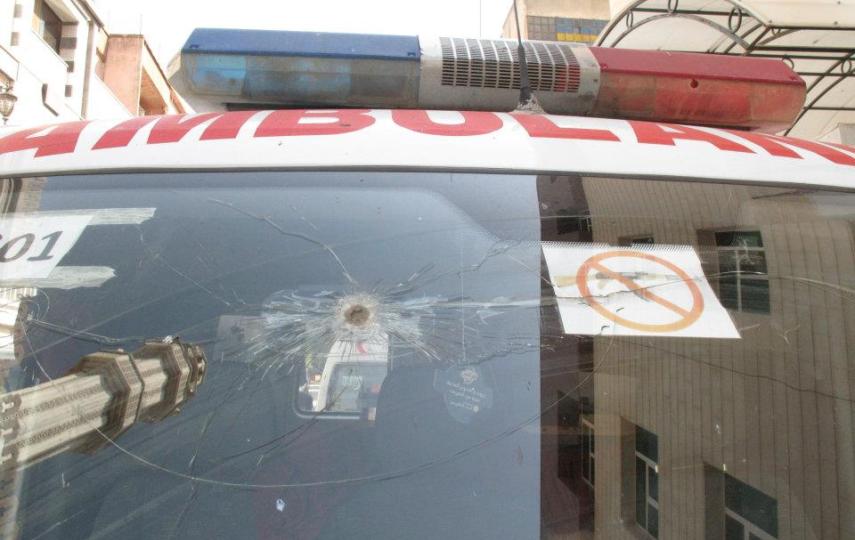La PANA a cité le ministre de l'information Reginald Goodridge déclarant aux journalistes à Monrovia qu'il n'était" pas tout à fait clair" pourquoi Mme. Johnson-Sirleaf n'était pas arrivée et que le gouvernement "attendait une rencontre " des deux dirigeants.
Toutefois, la PANA a cité un officiel du Parti de l'Unité de Mme Johnson-Sirleaf (UP) affirmant que la rencontre n'a pas eu lieu car "le gouvernement a traîné les pieds" pour répondre à la demande du parti à ce propos. Il a déclaré que Mme. Johnson-Sirleaf avait quitté le Liberia tôt mardi pour Dakar, Sénégal, où elle avait prévu d'assister à une réunion.
Une source diplomatique a affirmé mardi à IRIN que bien que Mme. Johnson-Sirleaf n'ait pas fait de déclarations officielles depuis son retour, elle a annoncé à plusieurs occasions au siège de son parti qu'elle était reconnaissante au gouvernement de lui avoir permis de revenir et de participer au processus politique du pays. La source a souligné que des auditeurs ayant appelé 'DC TALK', une radio populaire de talk show, ont décrit son geste comme "très courageux" et qu'il devrait faire des émules parmi ceux qui sont encore en exil.
This article was produced by IRIN News while it was part of the United Nations Office for the Coordination of Humanitarian Affairs. Please send queries on copyright or liability to the UN. For more information: https://shop.un.org/rights-permissions




